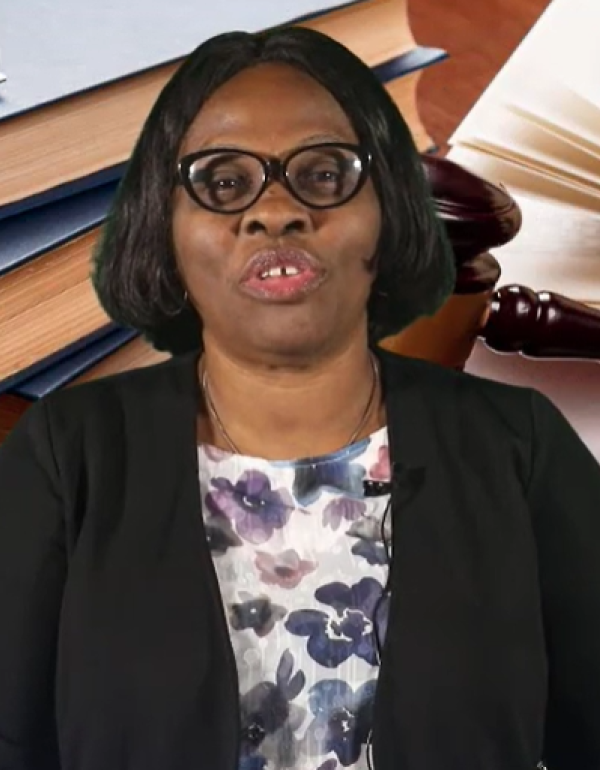PUL341:Criminal Law
The Criminal Law is a vital part of the Public Law. It is a compulsory course in your degree programme. You are required to study it a compulsory 300 level four credit course. The Criminal Law is the principal law on crimes. It is not contained in any single statute book or even a fend. This tends to suggest that a good way to study the criminal law is to study one statute after another. This may prove difficult because the catalogue of Criminal Law has not been compiled, nor is any attempt being made. Since the Criminal Law is all about crime, a better approach may be to study one crime after another. The number of acts and omissions that are forbidden by Criminal Law are inexustable. More are still being created directly or indirectly few are de-criminalised. The existing ones are either expanded or contracted in extent and scope through judicial interpretation.
The Criminal Law is a useful study to anyone who aspires to be a legal practitioner. It is also useful to those who want to know about the Criminal Justice Administration or about crimes and how they are treated or disposed off. It is a course you have to study in two semesters, namely Law341, and Law342. Each of them is a 4-Credit Unit Course. This implies that you are expected to devote a minimum study time of four hours per week, for the duration of each of the two semesters.
At the completion of the Course, you should be able
(i) To understand the historical background, nature and origin of the Criminal Law.
(ii) To discuss the extent to which the Criminal Law is home-grown or alien and the extent to which the operative legal system conforms or departs from the traditional justice administration.
(iii) To appreciate the interdependence of the different Criminal Law at Federal level and as between the federation and the States.
(iv) To identify the problems in the Criminal Law and its enforcement.
(v) To provoke a choice between judicial conservation and activisim.
(vi) To point to the direction of improvements in the Criminal Law (vii) To demonstrate an understanding of the source of Criminal Law



